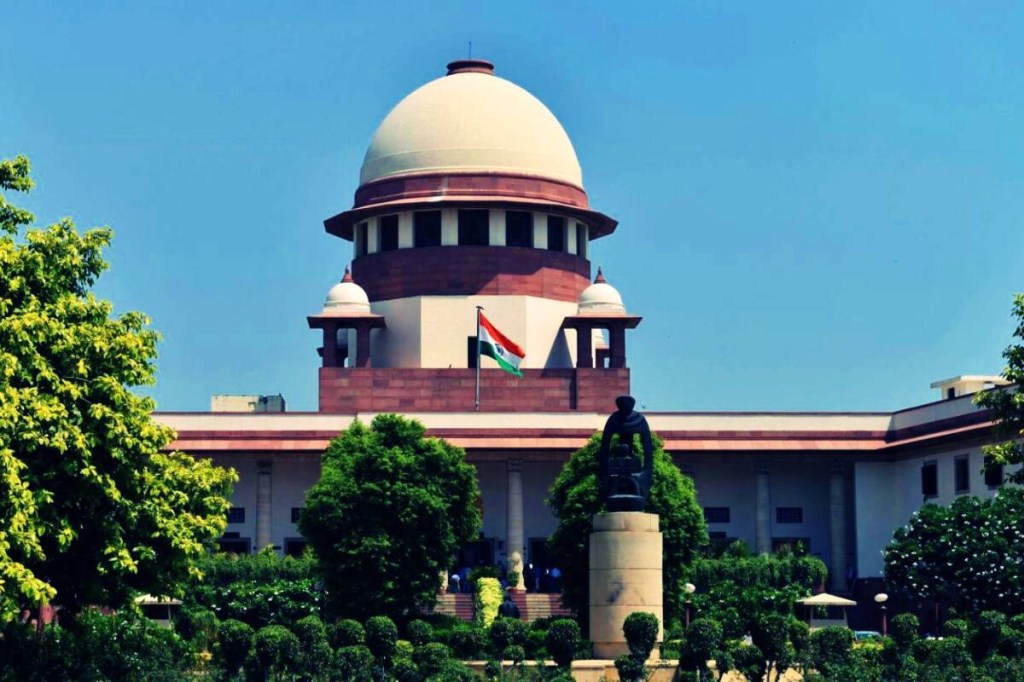The Supreme Court on Tuesday ordered that criminal cases against lawmakers cannot be withdrawn by public prosecutors without sanction from high courts. A bench headed by Chief Justice N V Ramana also directed that special courts judges, hearing cases against the MPs and MLAs, will not be transferred until further orders. It also said that it was mulling setting up of a special bench at the top court to monitor the cases against politicians.
“The first issue is about misuse of power under Section 321 of the Code of Criminal Procedure regarding withdrawal of cases. We find it appropriate to direct that no prosecution against MPs, MLAs to be withdrawn without leave of High Court in suo motu case pursuant to our order,” Live Law quoted the bench as saying.
The bench, also comprising Justices Vineet Saran and Surya Kant, directed the Registrar Generals of all the high courts to provide information, in a particular format, about the cases decided by special courts against the lawmakers. It has also sought from the Central Bureau of Investigation (CBI) the details of pending cases and their stages before the trial courts.
The court also pulled up the Enforcement Directorate for submitting the status report in the wrong format, stating that it was merely a list. It noted that the central and state governments should cooperate with courts to make sure the cases against present and former elected representatives are disposed of within the set time frame.
The order came after the top court perused the report of senior advocate Vijay Hansaria and lawyer Sneha Kalita who are assisting the bench.
The top court’s order came on a PIL of 2016 filed by lawyer and BJP leader Ashwini Upadhyay on fast-tracking of criminal trials against MP and MLAs besides seeking life ban on convicted politicians from contesting polls.
The petition has alleged that the CBI and other central agencies did not submit the status report of pending cases against lawmakers despite repeated directions from the Supreme Court in September, October and November last year.
The amicus curiae also alleged that the state governments were trying to withdraw cases against their party MPs and MLAs, despite that some of them were booked with serious offences.

